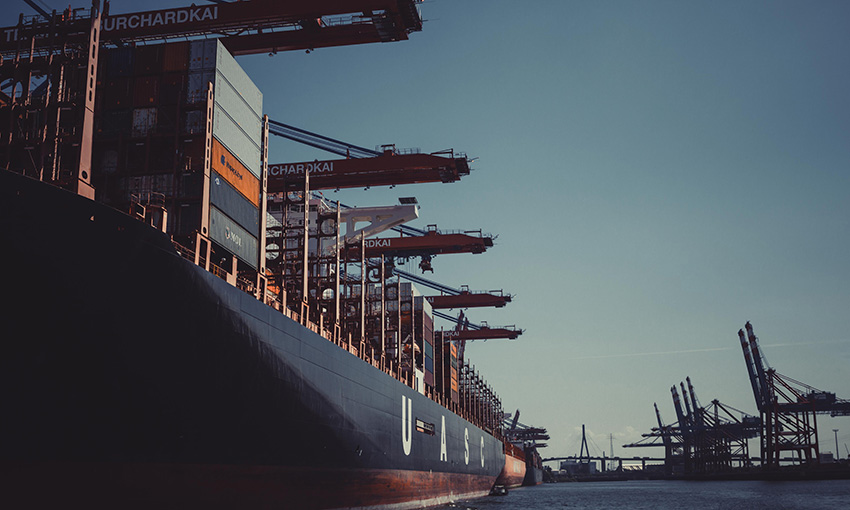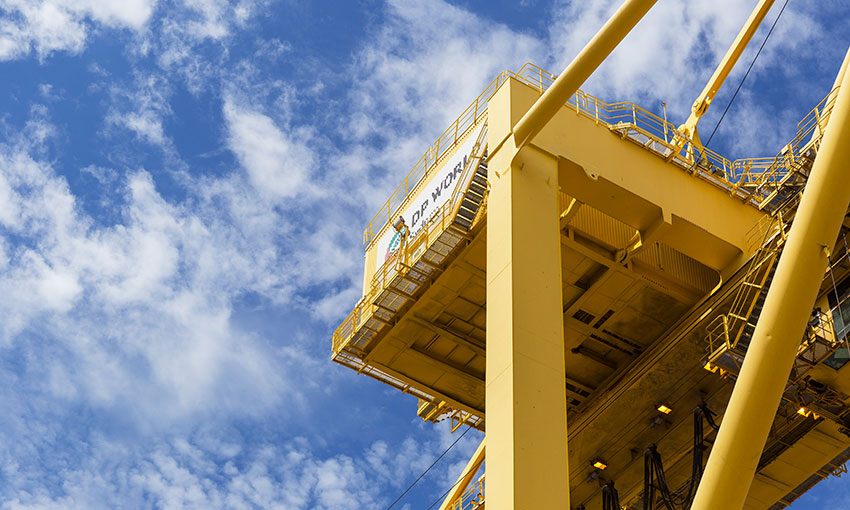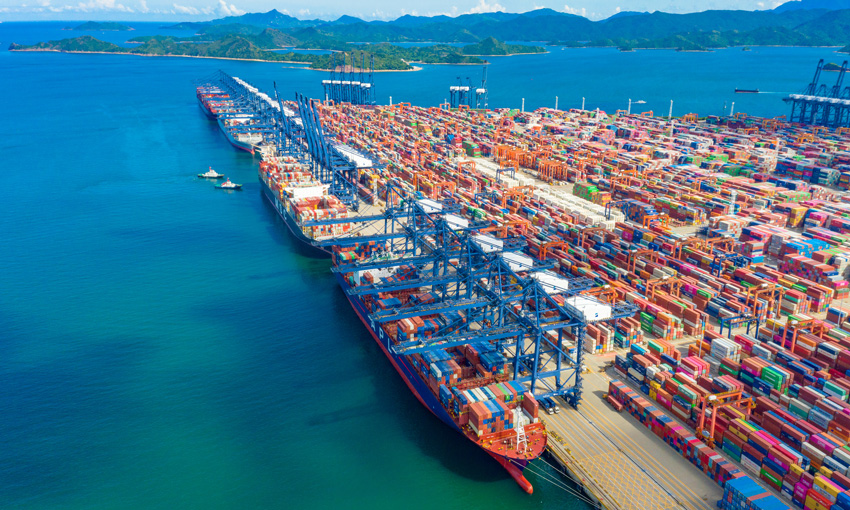THE LATEST data from shipping analyst Sea-Intelligence suggests global schedule reliability is currently between 30% and 40%, following a trend seen in 2021.
It said schedule reliability throughout May this year fluctuated within a small range but at a slightly lower base than in May 2021.
Sea-Intelligence reported a month-on-month increase of 2.1% up to 36.4%, which was still down year-on-year by -2.3%.
According to Sea-Intelligence CEO Alan Murphy, this means the 2022 score has been slightly below the 2021 level in each of the first five months.
“The average delay for late vessel arrivals decreased once again, this time by -0.37 days to 6.17 days in May 2022,” Mr Murphy said.
“The delay figure is now firmly below the seven-day mark, but it still continues to be the highest across each month when compared historically, albeit with the margin decreasing sharply.”
As usual, data suggests Maersk was the most reliable carrier in May this year, with a schedule reliability of 50.3%. Hamburg Süd followed with a reliability of 43.7%.
Six carriers had a schedule reliability of between 20% and 30%, namely ONE, CMA CGM, Hapag-Lloyd, MSC, HMM and PIL.
And Evergreen, COSCO, Zim, OOCL, Yang Ming and Wan Hai all had a reported schedule reliability of below 30%, with Wan Hai reporting the lowest score of 22.1%.
“In May 2022, once again, a lot of the carriers were very close to each other in terms of schedule reliability, with 11 carriers within 7% of each other,” Mr Murphy said.
“On a year-on-year level, only four of the top 14 carriers recorded an improvement in schedule reliability in May 2022, with the largest improvement by Maersk of 4.4%.”



